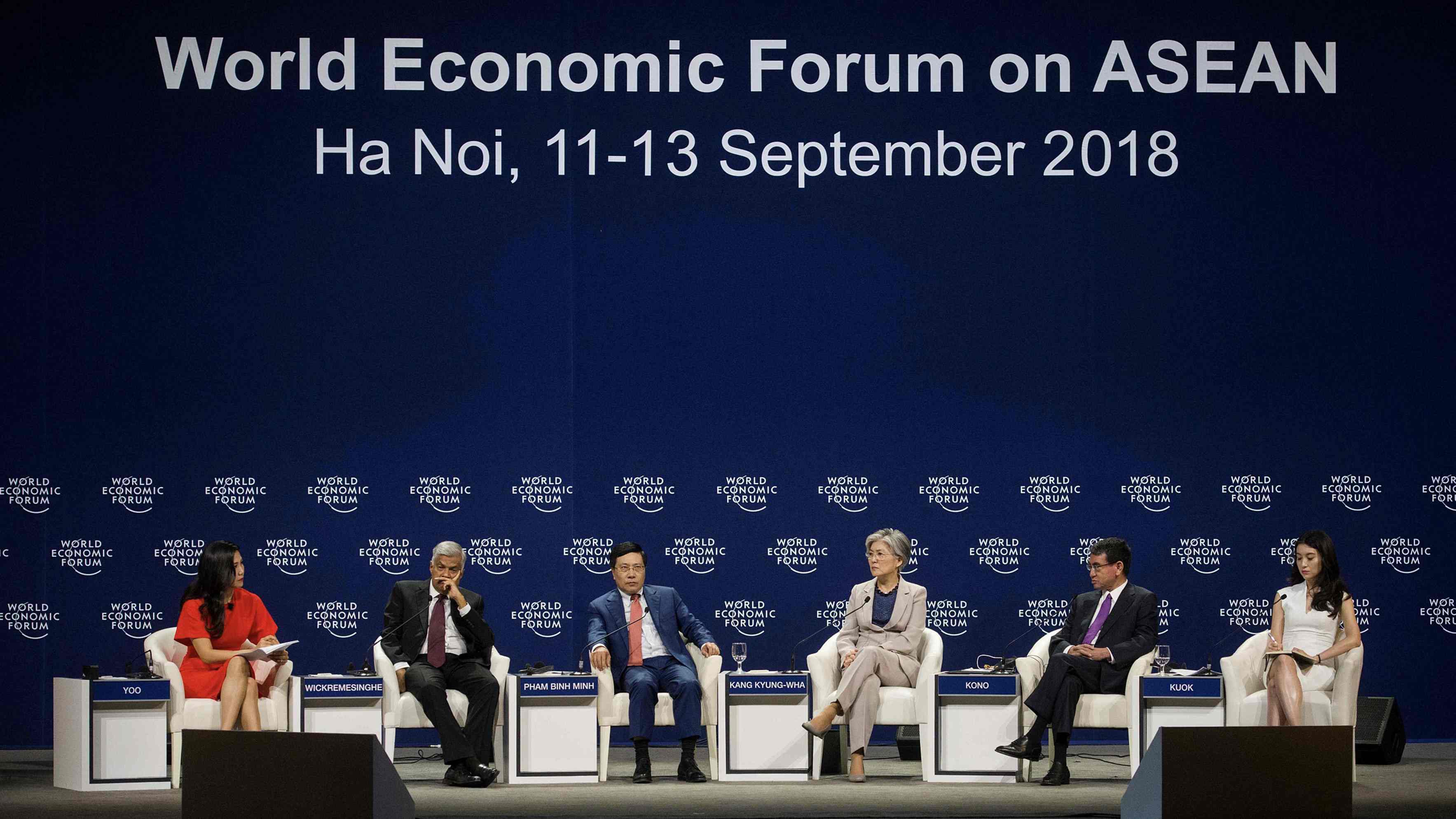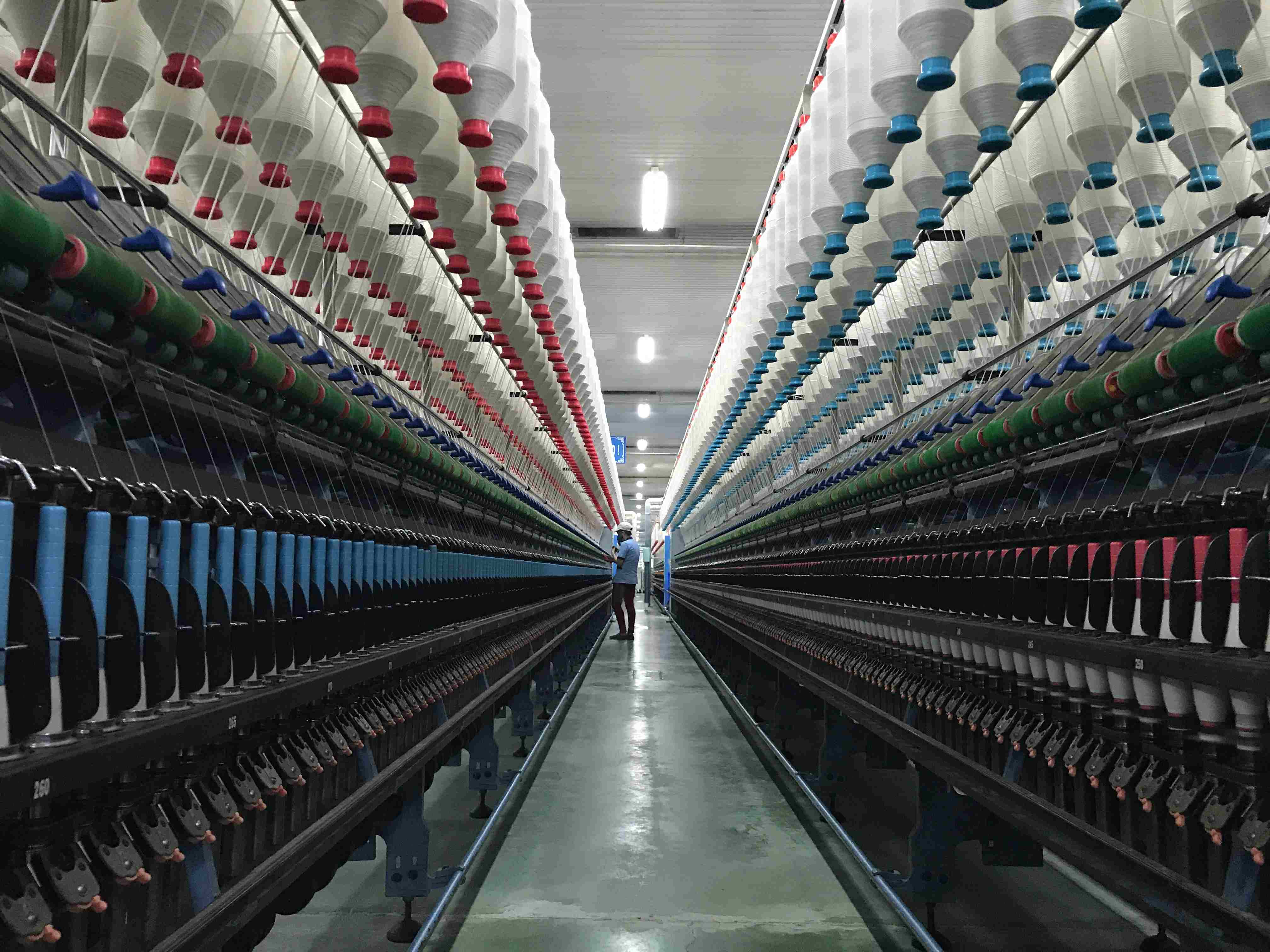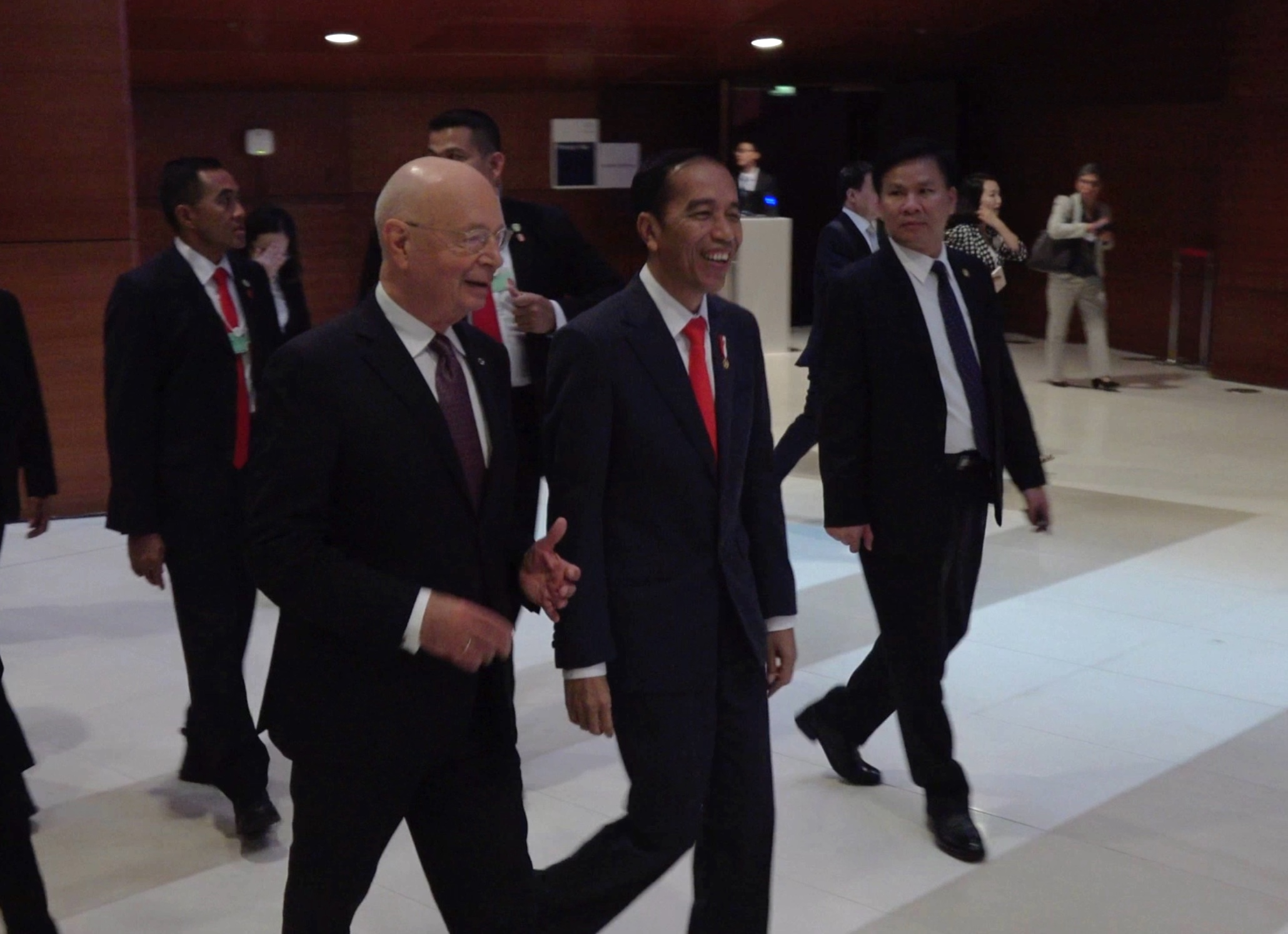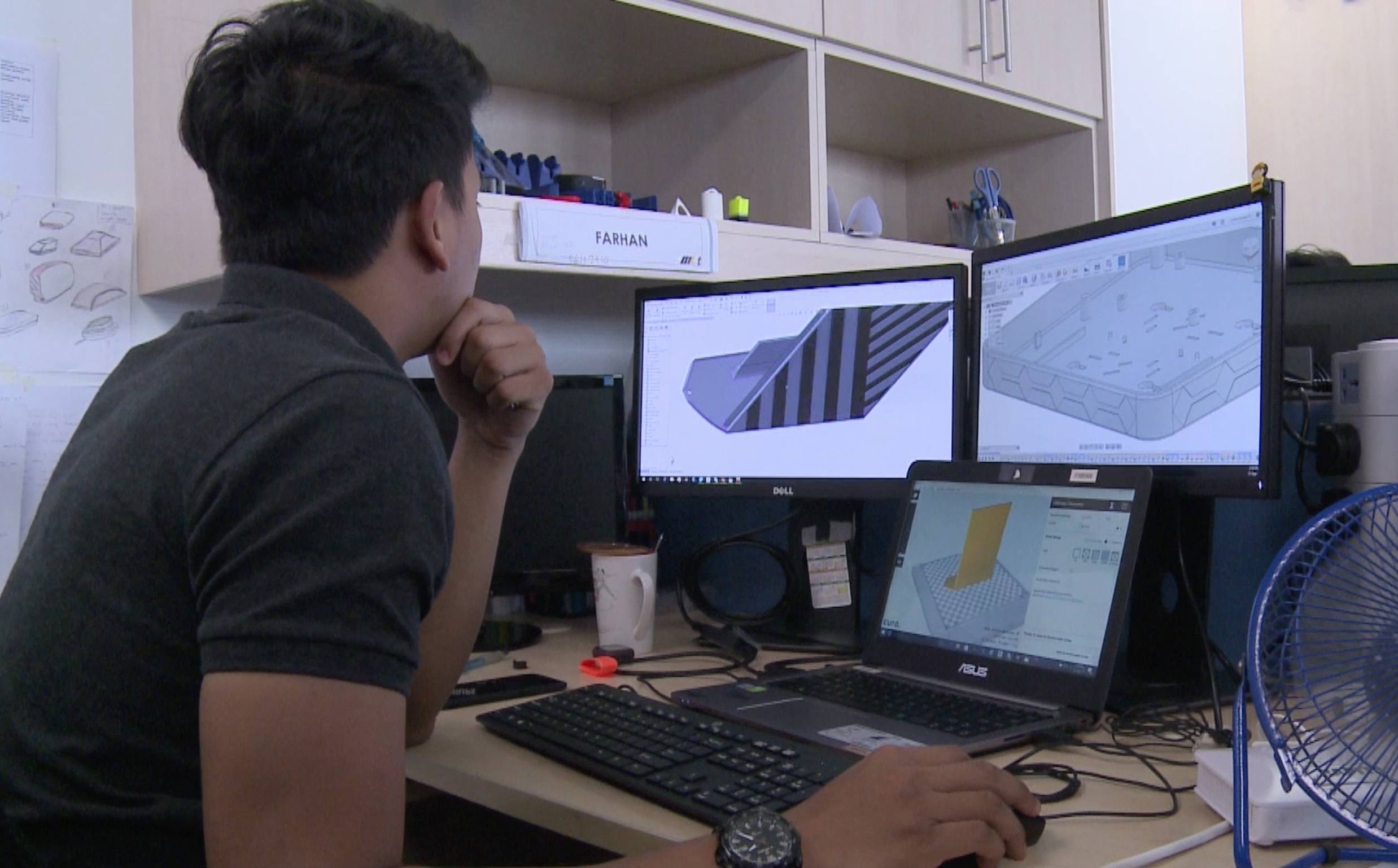
Business
00:01, 14-Sep-2018
Optimism tempered by worries at WEF ASEAN
Updated
23:22, 16-Sep-2018
By CGTN's Rian Maelzer
04:33

It was like a mini-ASEAN summit this week. Half a dozen leaders from Southeast Asian countries, plus the Sri Lankan prime minister, a Chinese vice premier and dozens of senior ministers, converged on Hanoi for the regional version of the World Economic Forum (WEF).
Never before had this version of the famous Davos gathering drawn such an array of top officials. The founder of the WEF also made an appearance to drive home the need for countries to prepare for the Fourth Industrial Revolution.
That officially was the theme of this forum. But lurking not very far beneath the surface were grave concerns over the way that the US is threatening to upend the multilateral order...sparking a trade war that participants here believe no one can win.
Indonesia's president Joko Widodo drew laughter at the opening plenary session by likening those who initiate trade wars to the supervilain from Avengers: Infinity War, Thanos, bent on destroying the world.
But as the media were mentally writing their story leads – "Joko compares Trump to comic book villain" – the Indonesian president added this caveat:
"Thanos is not an individual. Sorry to disappoint you. Thanos is in all of us. It's the misguided belief that in order for us to succeed, others must surrender." That trade, in other words, is a zero-sum game.
That thinking gets short shrift at forums like this with both ASEAN as an entity and the WEF dedicated to free trade and reducing barriers to business and investment.
There was much talk about the benefits of multilateral deals like the Trans-Pacific Partnership or CPTPP, with countries including Indonesia and Japan expressing an interest in joining. And the participants from ASEAN and East Asia are also keen to conclude the Regional Comprehensive Economic Partnership, which will also include India, Australia and New Zealand. In other words, participants are determined that Thanos will not be allowed to win the day.
Much of the focus of the forum was on the so-called Fourth Industrial Revolution or Industry 4.0 – a world where technologies such as artificial intelligence, robotics, big data analytics and nanotechnology will transform the way we live, work and make things.

Textile spinning plant. Countries like Vietnam need more automation like this. /CGTN Photo
Textile spinning plant. Countries like Vietnam need more automation like this. /CGTN Photo
The tone was generally upbeat, with most seeing Industry 4.0 as a huge opportunity to modernize their industries and economies. But there was also concern among leaders and other officials that their countries are not well prepared.
Vietnam's Minister of Foreign Affairs Pham Binh Minh said: "It is undeniable that the revolution offers tremendous opportunities but for countries that cannot seize the opportunity they can be left behind and the development gap will widen."
Both China's Vice Premier Hu Chunhua and Japanese Foreign Minister Taro Kono offered their countries' technological support to help ASEAN states make the most of the Fourth Industrial Revolution.
But just how daunting a task this will be should not be underestimated.

Indonesian President Joko Widodo with WEF founder Klaus Schwab. /CGTN Photo
Indonesian President Joko Widodo with WEF founder Klaus Schwab. /CGTN Photo
A study released at WEF estimated that that as many as 28 million workers – more than 10 percent of the current workforce – could be displaced across ASEAN's six largest economies over the next decade. Lower-skilled workers in the service and agricultural sectors are the most vulnerable the impact of technological change, the study said.
For all their rapid economic growth, countries such as Vietnam, Cambodia and Myanmar are still relying heavily on low-cost, low-tech, labor intensive manufacturing, while Laos lags even further behind.

There will be winners and losers from the Fourth Industrial Revolution. /CGTN Photo
There will be winners and losers from the Fourth Industrial Revolution. /CGTN Photo
Even more developed Malaysia, an upper middle income country, relies far too heavily on cheap foreign labor to keep production costs low, giving businesses little incentive to invest in research and development (R&D), innovation and automation.
And with the exception of Singapore, ASEAN countries' education systems are not properly preparing their young people for the world of the Fourth Industrial Revolution that Klaus Schwab describes.
But that's why Schwab shows so much evangelical zeal. He knows that developing countries have no time to waste if they are to make sure they ride the wave of Industry 4.0, and don't get left behind in its wake.

SITEMAP
Copyright © 2018 CGTN. Beijing ICP prepared NO.16065310-3
Copyright © 2018 CGTN. Beijing ICP prepared NO.16065310-3